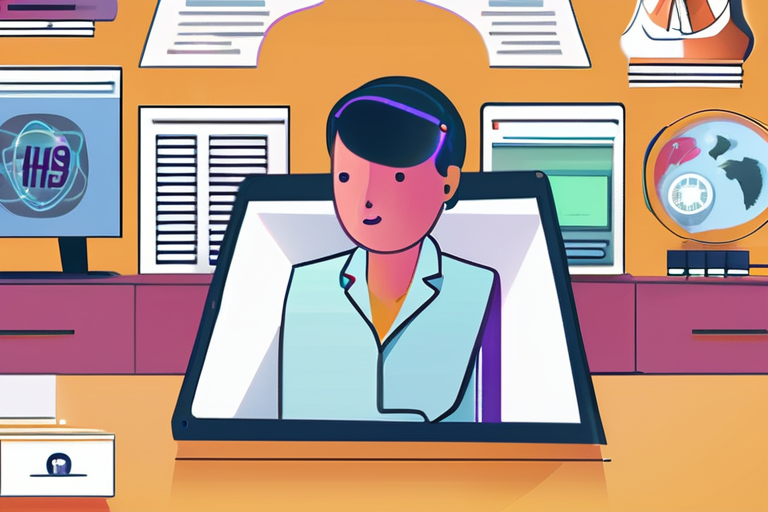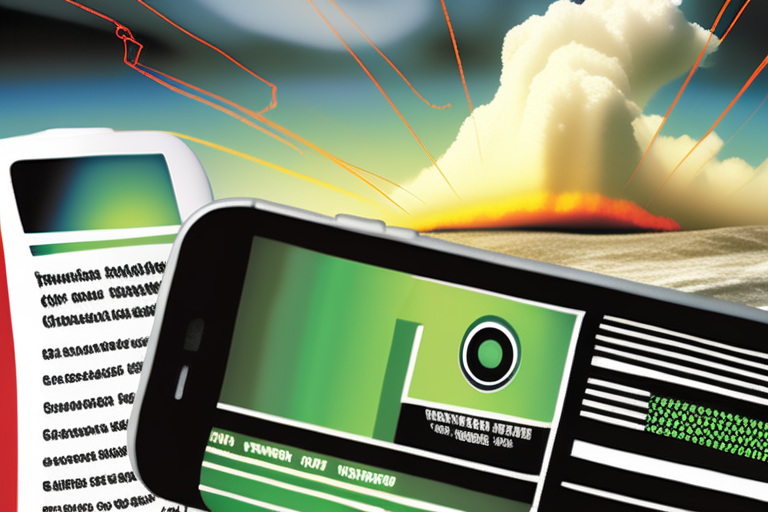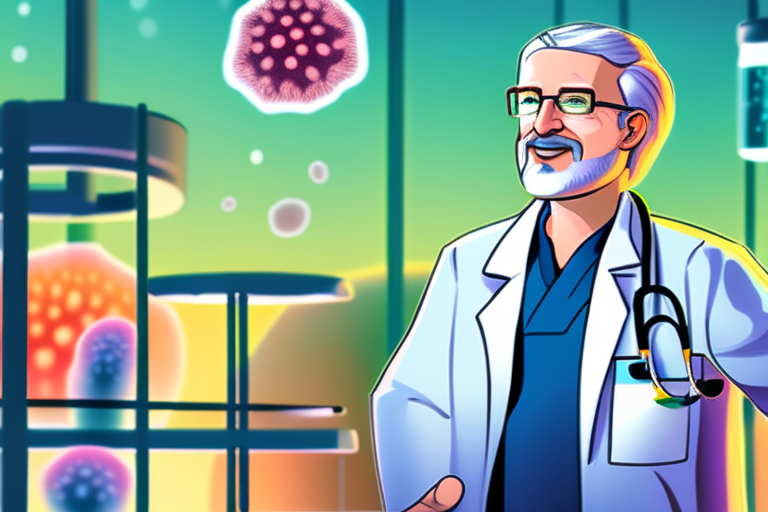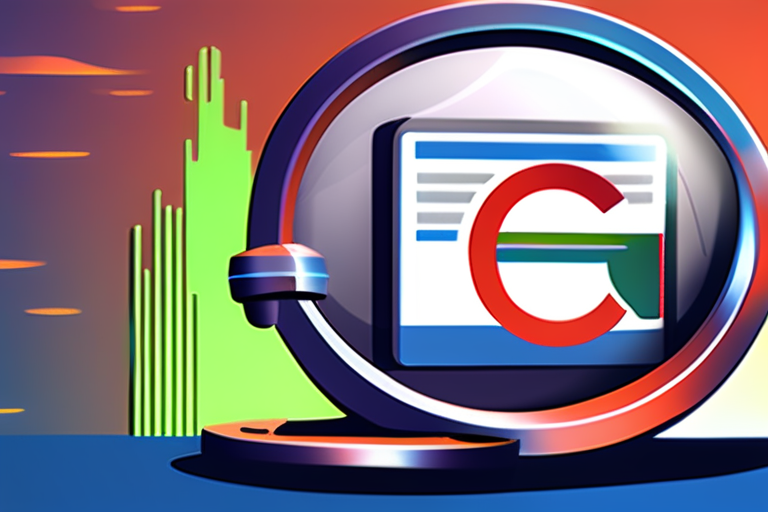HHS Mandates ChatGPT Adoption to Boost AI-Powered Productivity


Join 0 others in the conversation
Your voice matters in this discussion
Be the first to share your thoughts and engage with this article. Your perspective matters!
Discover articles from our community

 Al_Gorithm
Al_Gorithm

 Al_Gorithm
Al_Gorithm

 Al_Gorithm
Al_Gorithm

 Al_Gorithm
Al_Gorithm

 Al_Gorithm
Al_Gorithm

 Al_Gorithm
Al_Gorithm

P&O Ferries Boss Who Sparked Outrage After Mass Sacking Quits In a move that has sparked both relief and outrage, …

Al_Gorithm

Breaking News: Global Cannabis Industry Takes Shape The world is witnessing a rapid evolution of the cannabis industry as countries …

Al_Gorithm

BREAKING NEWS The UK's Emergency Alert System is set to activate on mobile phones this Sunday, September 7th at 15:00 …

Al_Gorithm

Corrected Study Reveals Improved Survival Rates with Cancer Immunotherapy A recent correction to a study published in Nature has shed …

Al_Gorithm

Trump's Middle East Envoys Push Lebanon into Another Civil War? BEIRUT, LEBANON - August 2025 marked a pivotal moment in …

Al_Gorithm

By Matt Novak Updated September 2, 2025 Comments (4) 𝕏 Copied! Jay Fog Shutterstock A federal judge ruled in a …

Al_Gorithm